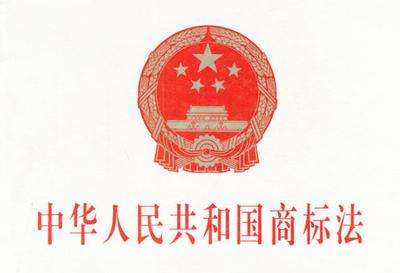Interpretation on “Other Improper Means” Described in Paragraph 1 Article 44 of China Trademark Law

There is no definition for “bad faith” in China Trademark Law. Only some descriptions such as “registrations obtained with ill will”, “improper means” are in the articles. In December 2016, China Trademark Office (CTMO) and Trademark Review and Adjudication Board (TRAB) jointly issued “Trademark Examination and Review Standards” with modification. As to fighting against malicious registrations, “other improper means” as provided for in Paragraph 1 Article 44 of China Trademark Law is the main part being modified. Taking the examination practice of TRAB against registrations obtained in other improper ways into consideration, this article will propose some interpretations on the understanding and application of the modified “Trademark Examination and Review Standards”, similarities and differences between CTMO and TRAB in practise, consensus and disagreements between TRAB and the court, balance among related articles of China Trademark Law, focusing on trademark registrations obtained via “other improper means”.
What are the circumstances of “Other improper means”?
“Other improper means” exclude the articles describing circumstances of harming the civil rights of specified parties such as Article 13, 15 and 32 etc. It refers to the acts of disturbing trademark registration order, harming public interests, occupying public resources in improper ways or obtaining improper benefits via other means. Compared with above-mentioned articles, “other improper means” as described in Paragraph 1 Article 44 usually means the harm on public interests of unspecific majorities.
There are three typical “other improper means” listed in “Trademark Examination and Review Standards”:
1. Applying for registration of multiple trademarks identical or similar with others’ marks with high distinctiveness;
2. Applying for registration of multiple trademarks identical or similar with others’ trade names, company names, names of associations and other organizations, special name and package of a famous commodity etc;
3. Applying for registration of multiple trademarks without real intention to put them in use. The hoarding of trademarks with purpose of selling in high prices to make profits is a typical situation of registration obtained in “other improper means”.
Trademark right should protect the sign which has established connection with sources of particular goods or services in actual business, but not the sign itself as a symbol. Above mentioned types of “other improper means” do not only harm the interests of particular entities, but also are abuse of the trademark registration system, which is against the original intention of establishing such system. In this meaning, such behavior disturbs the basic order of trademark registration.
Trademark right is a nationally authorized right. Though trademark with better originality and creativity will have better inherent distinctiveness, the base of trademark right does not lie on the creative intellectual result itself but the good will and monopolistic advantage in market competition via business operation, management, marketing, advertisement and promotion etc. The above-mentioned behaviors of “other improper means” harms the market order of fair competition, and overturns the common business behavior standards for people with honest and credibility. Such behavior not only violates the principle of honest and credibility, also the principle of public order and good morals. Thus these behaviors will do harm to the public interests.
China Trademark & Patent Law Office Limited (CTPLO)

